Microsoft is dropping this AI tool from Copilot Pro after just three months — here’s why
Microsoft said heightened focus on building GPTs for ‘commercial and enterprise scenarios’ is behind the shut down of Copilot GPT Builder
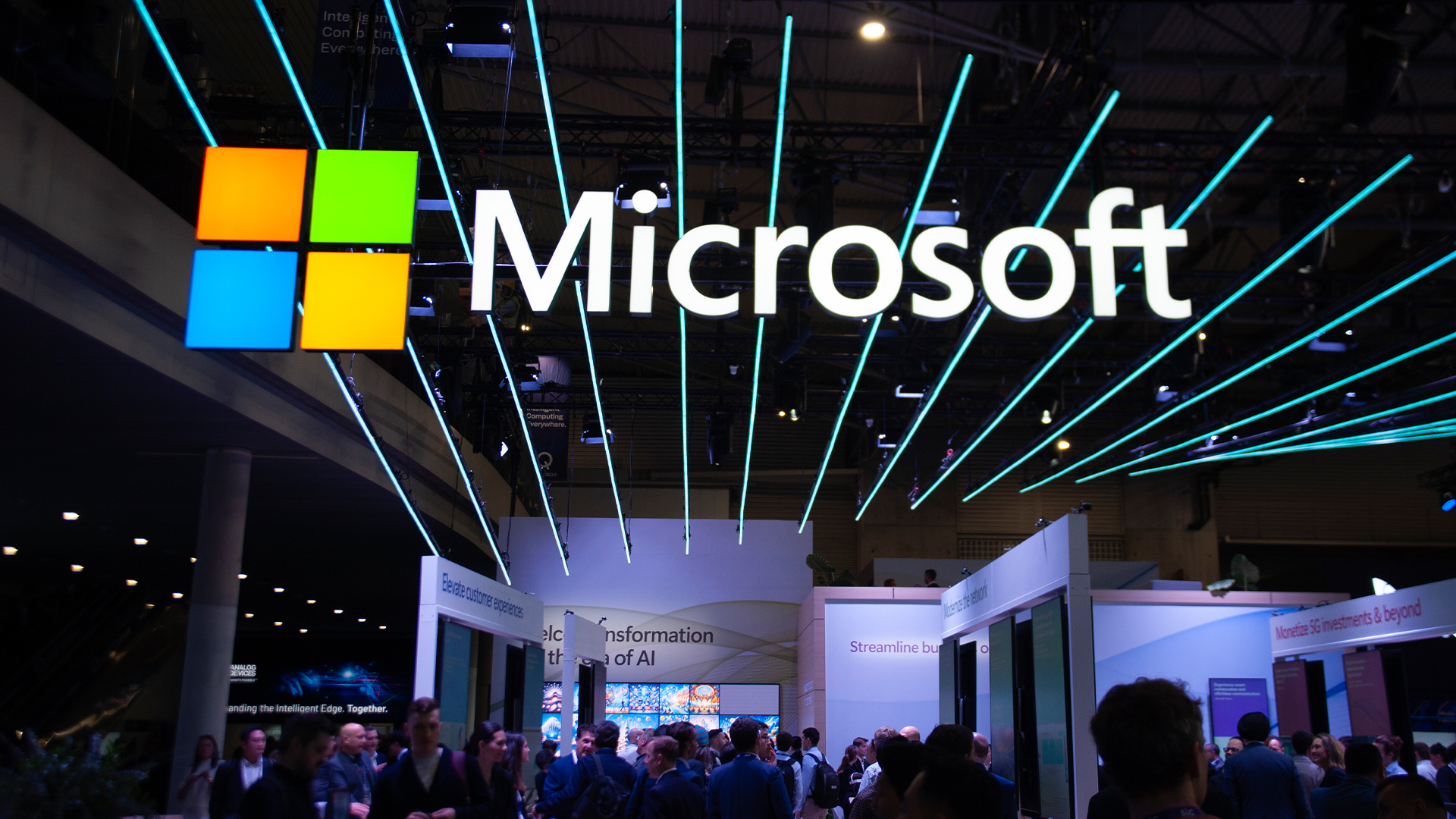

Microsoft has killed off a tool that allowed Copilot Pro subscribers to build their own customized AI assistants a mere three months after launching the feature.
The Copilot GPT Builder feature, which is part of the $20 Copilot Pro offering, allows - if only for a few more weeks - subscribers to build Copilot GPTs. These are custom versions of Copilot which are tailored for specific purposes or processes, and can save users time by reusing a set of AI prompts.
Microsoft gave the example of using a shopping Copilot GPT to create a grocery list based on a meal plan sent to the Copilot GPT.
In January, Microsoft unveiled a set of curated Copilot GPTs that could act as a personal trainer, travel agent, and cooking assistant. In March, it then added the ability to build and share similar custom Copilot GPTs with Copilot GPT Builder.
“Copilot GPT Builder lets you create a personalized Copilot meant to assist you with specific tasks, based on your interests. You can make a Copilot GPT that acts as your career counselor, or a study buddy that helps you to learn a new skill — the possibilities are limitless,” the company said at the time.
These customized Copilot GPTs could also be shared with other people via a custom Copilot GPT link. They didn’t need a Copilot Pro subscription to use the customer assistant.
However, Microsoft has now said that it will remove the ability to create GPTs, starting July 10, 2024. It said it will also remove all GPTs – both those created by Microsoft and by customers themselves - along with their associated GPT data, starting from the same date and going on through to July 14.
Get the ITPro daily newsletter
Sign up today and you will receive a free copy of our Future Focus 2025 report - the leading guidance on AI, cybersecurity and other IT challenges as per 700+ senior executives
It’s not clear why Microsoft has decided to scrap the feature so soon after launch, although Microsoft said it was shifting focus to business users.
“We are continuing to evaluate our strategy for consumer Copilot extensibility and are prioritizing core product experiences, while remaining committed to developer opportunities. To this end, we are shifting our focus on GPTs to commercial and enterprise scenarios and are stopping GPT efforts in consumer Copilot,” the company explained.
The decision to scrap the feature was unexpected. Ethan Mollick, a professor at Wharton who studies AI said on X the move has come out of nowhere.
“I am surprised that Microsoft gave up on its version of consumer GPTs so quickly,” Mollick said. “I think making them enterprise only is going to cut off an important source of innovation. A lot of the best OpenAI GPTs come from random individuals experimenting with the tools.”
I am surprised that Microsoft gave up on its version of consumer GPTs so quickly. I think making them enterprise only is going to cut off an important source of innovation. A lot of the best OpenAI GPTs come from random individuals experimenting with the tools. pic.twitter.com/OhLjUGmUqIJune 11, 2024
Copilot GPTs created by customers will be deleted, as will Copilot Pro subscribers' data that was collected by Copilot GPT builder. Subscribers who created a Copilot GPT are able to save their custom instructions by opening their GPT in edit mode, then going to the ‘configure’ tab and copying the instructions to “save them elsewhere for reference”, Microsoft said.
Microsoft users can still fall back on OpenAI's GPT builder service
This tool wasn’t the only option for getting access to custom GPTs, however.
RELATED WHITEPAPER
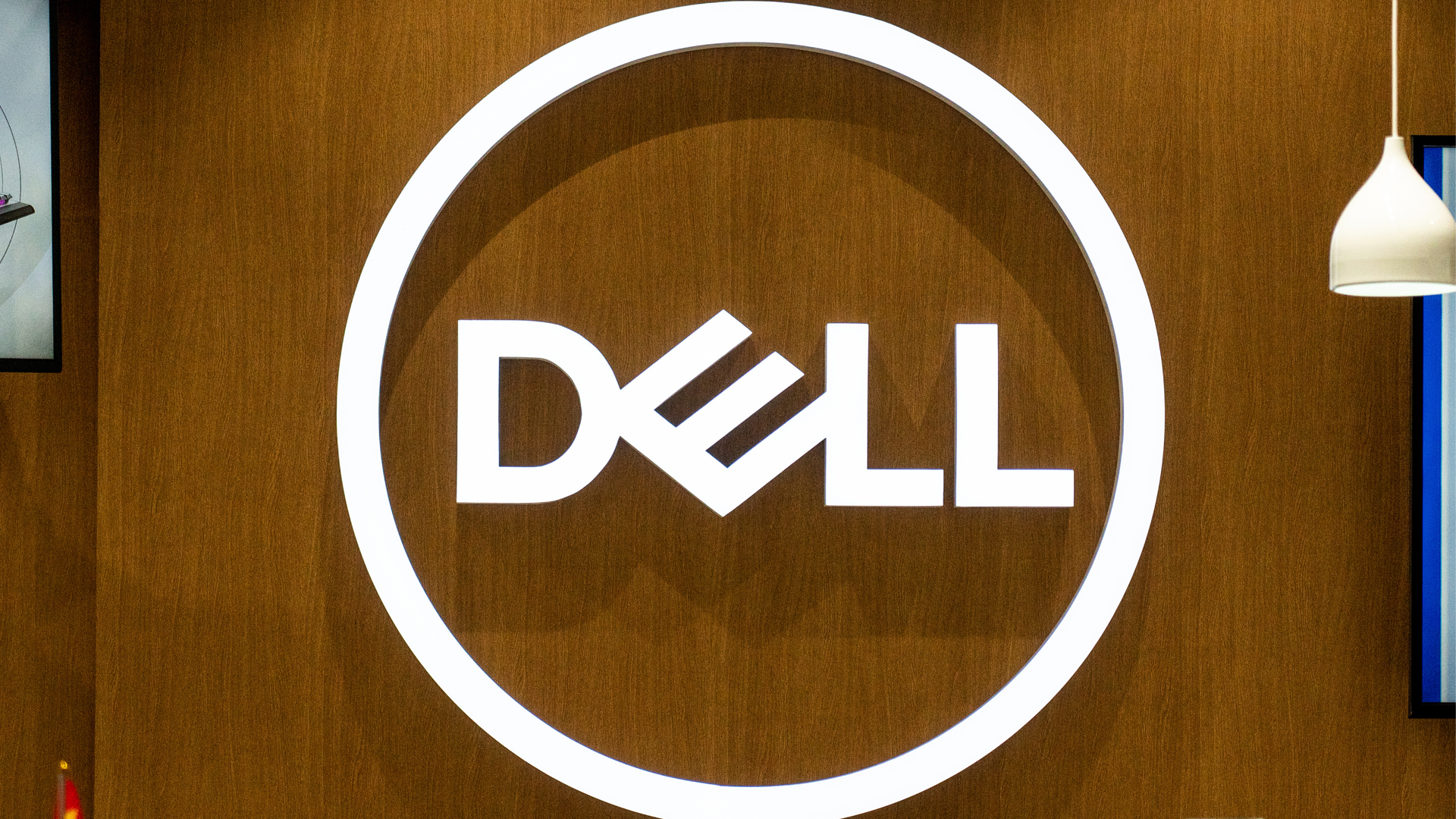
OpenAI has its own GPT Builder available to Plus, Team, and Enterprise users. As OpenAI notes, under the hood, the GPT Builder is itself built as a custom GPT with instructions and an action that allows it to write to the fields of the GPT that’s currently being built.
OpenAI explains that the instruction set behind its GPT Builder includes telling ChatGPT: “You are an expert at creating and modifying GPTs, which are like chatbots that can have additional capabilities.”
OpenAI also has a ChatGPT store which houses popular custom versions of the chatbot.
There continues to be huge excitement and hype around generative AI tools with all the big vendors – most recently Apple – adding AI features to their products.
Steve Ranger is an award-winning reporter and editor who writes about technology and business. Previously he was the editorial director at ZDNET and the editor of silicon.com.
-
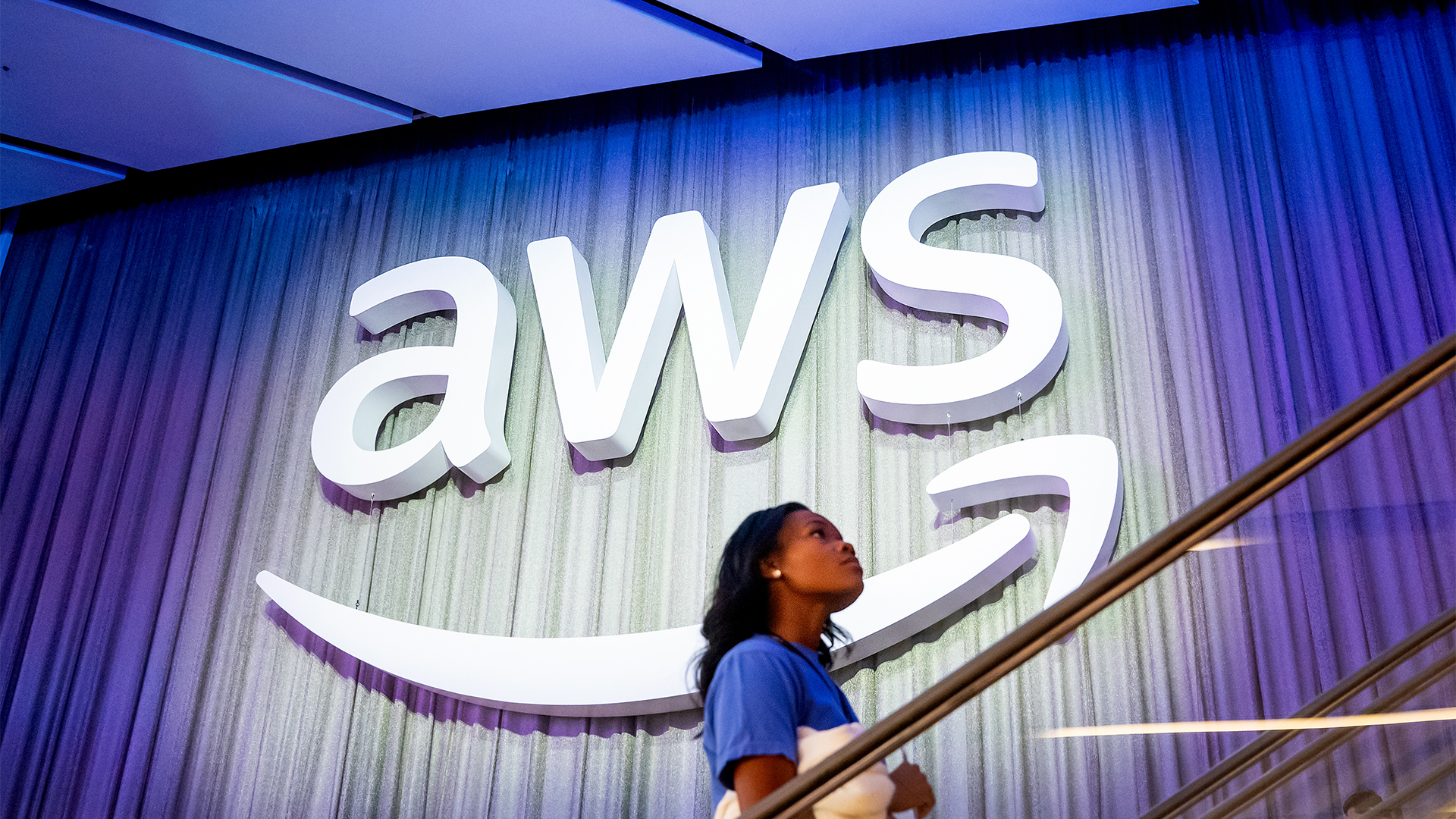 First Microsoft, now AWS: Why tech giants are hitting the breaks on costly data center plans
First Microsoft, now AWS: Why tech giants are hitting the breaks on costly data center plansNews Amazon Web Services (AWS) has paused plans for some data center leases, according to analysts, sparking further concerns about the cost of AI infrastructure spending plans.
By Nicole Kobie
-
 Edge devices are now your weakest link
Edge devices are now your weakest linkNews Compromised network edge devices have rapidly emerged as one of the biggest attack points for small and medium businesses.
By Bobby Hellard
-
 Third time lucky? Microsoft finally begins roll-out of controversial Recall feature
Third time lucky? Microsoft finally begins roll-out of controversial Recall featureNews The Windows Recall feature has been plagued by setbacks and backlash from security professionals
By Emma Woollacott
-
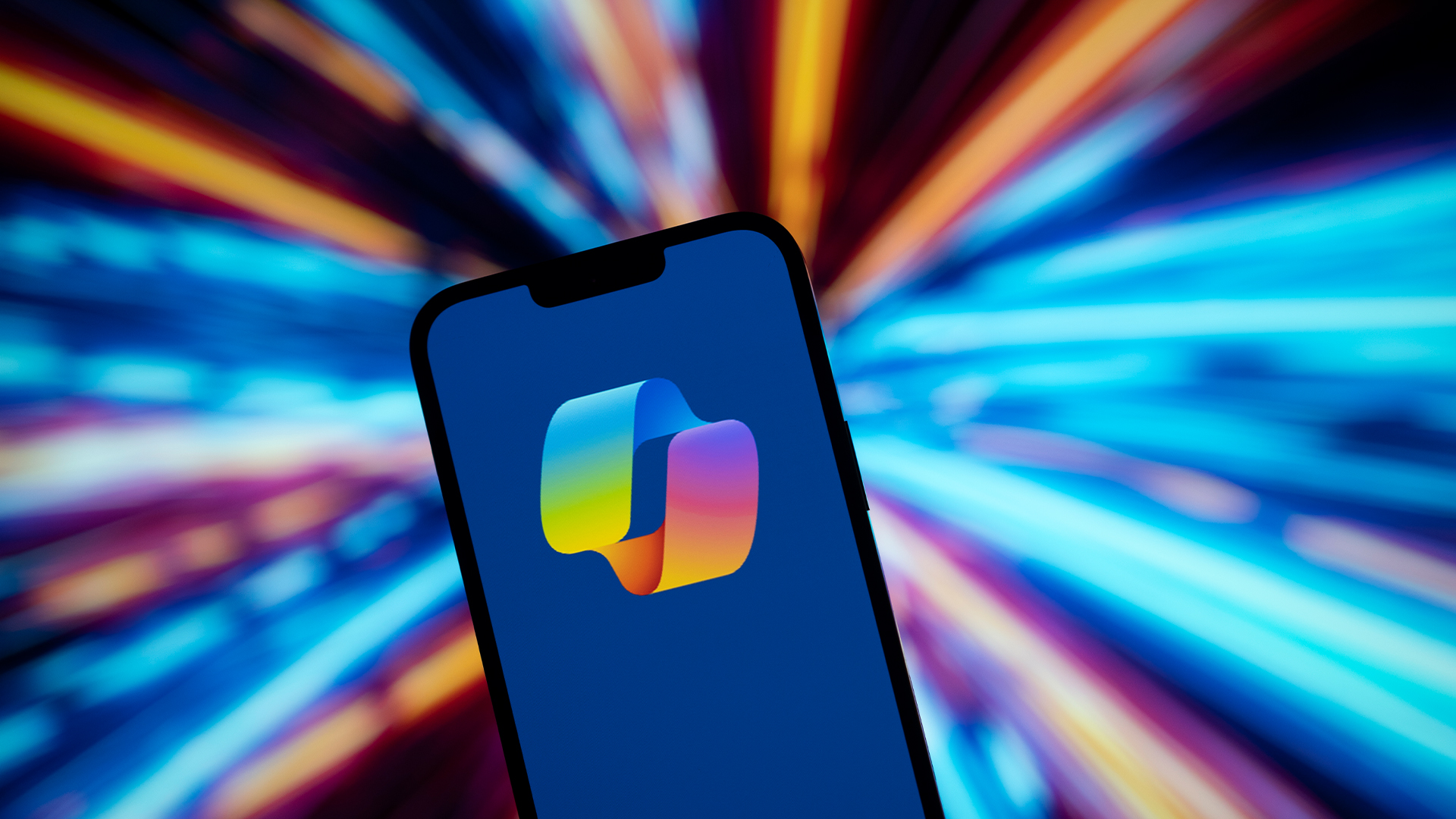 Microsoft launches new security AI agents to help overworked cyber professionals
Microsoft launches new security AI agents to help overworked cyber professionalsNews Microsoft is expanding its Security Copilot service with new AI agents to help overworked IT teams deal with surging security threats.
By Bobby Hellard
-
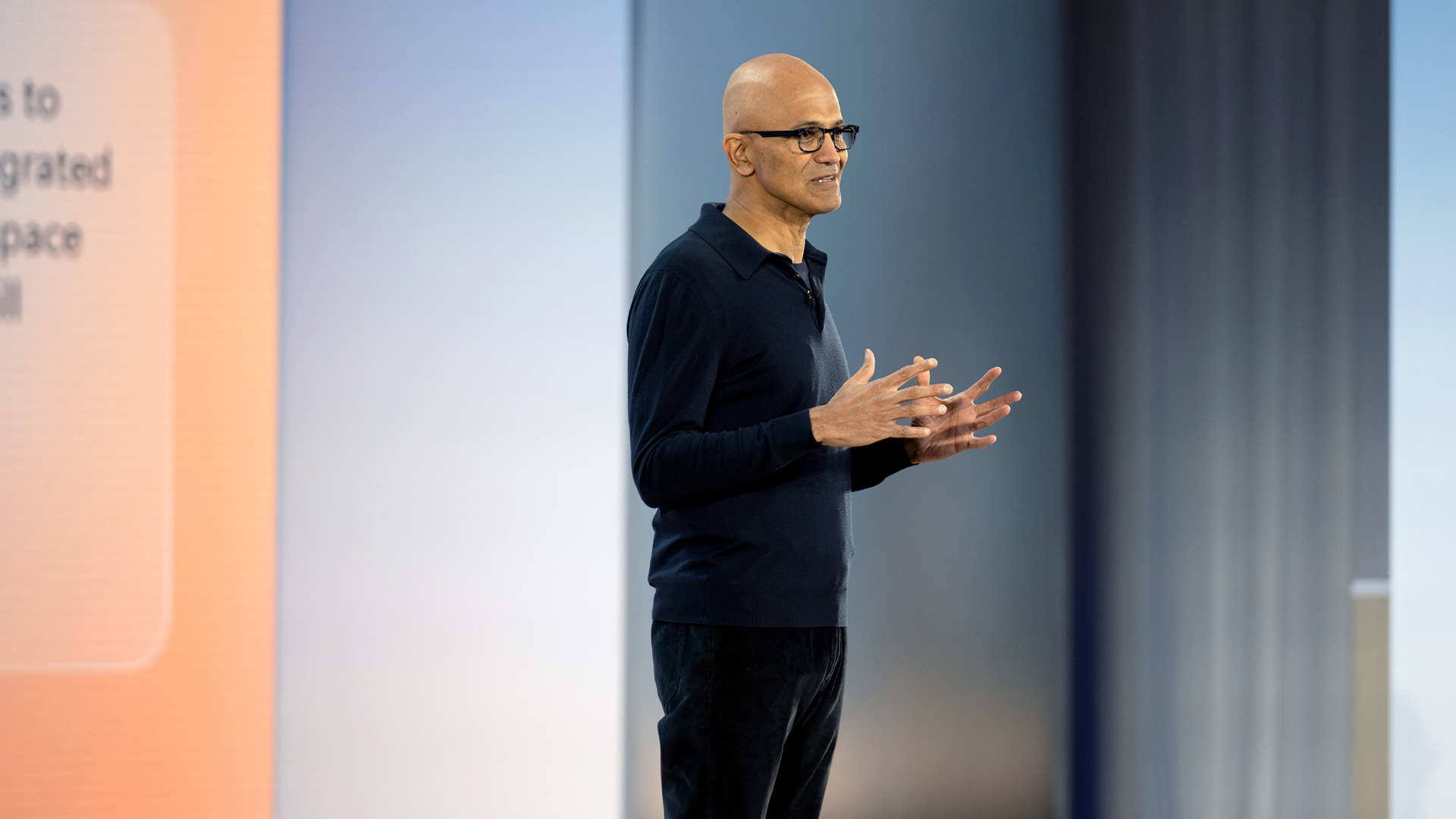 ‘The entire forecasting business process changed’: Microsoft CEO Satya Nadella says Excel changed the game for enterprises in 1985 – he’s confident AI tools will do the same
‘The entire forecasting business process changed’: Microsoft CEO Satya Nadella says Excel changed the game for enterprises in 1985 – he’s confident AI tools will do the sameNews The Microsoft CEO says we need to change how we measure the value of AI
By George Fitzmaurice
-
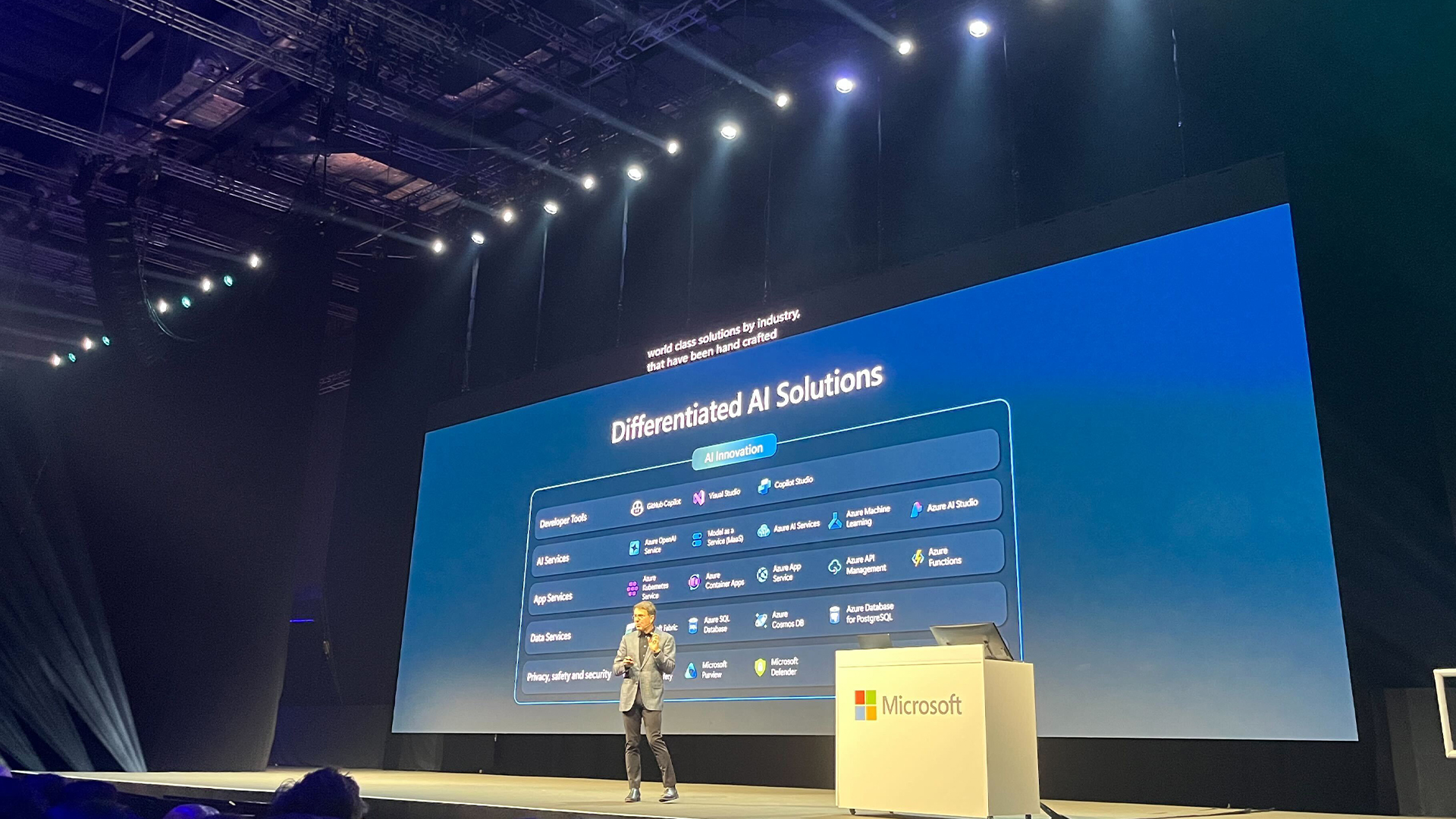 Microsoft exec touts benefits of AI productivity gains
Microsoft exec touts benefits of AI productivity gainsNews Microsoft CCO Judson Althoff said the company is unlocking significant efficiency gains from AI tools internally.
By George Fitzmaurice
-
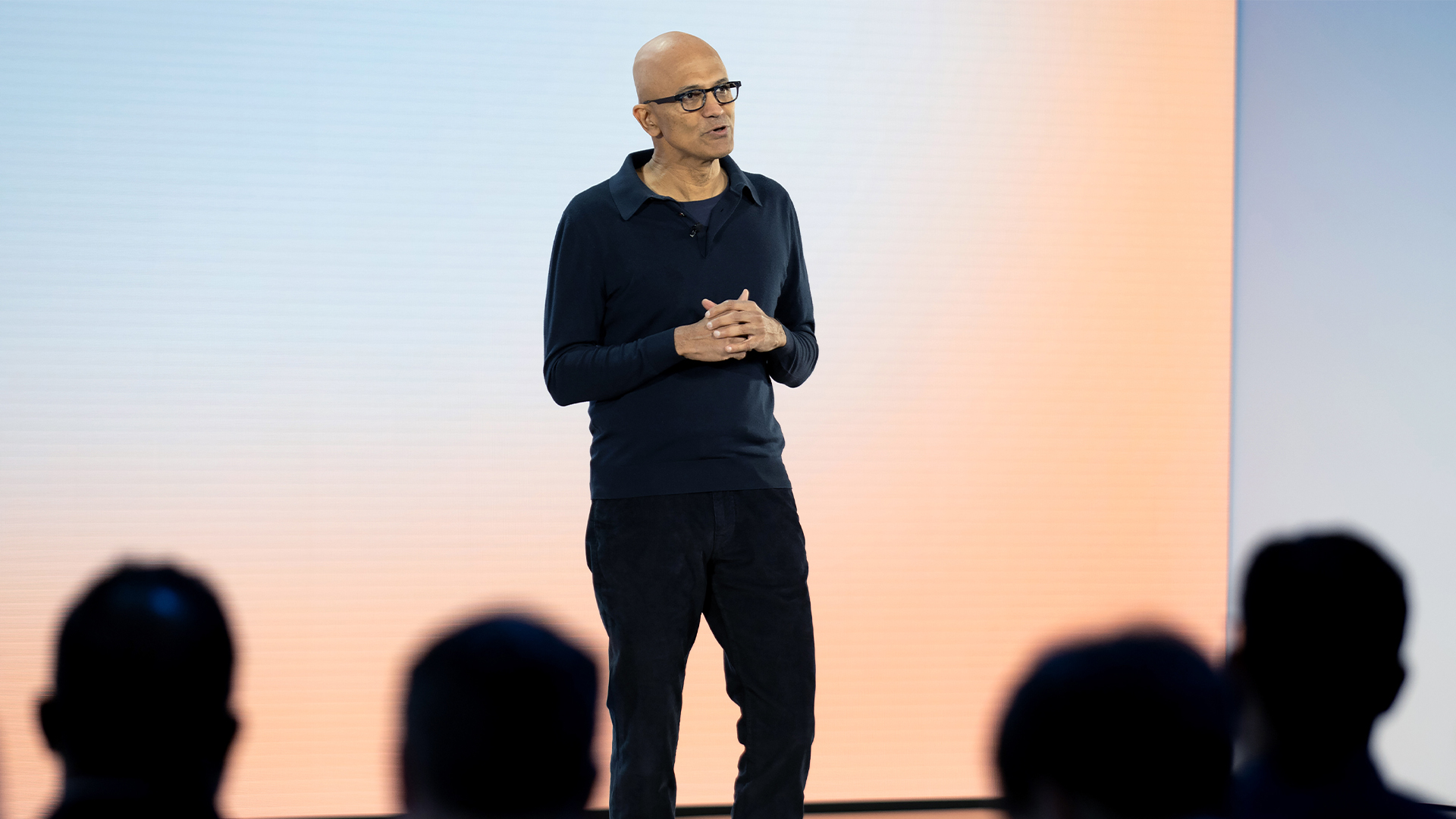 ‘We’ve created an entirely new state of matter’: Satya Nadella hails Microsoft’s 'Majorana' quantum chip breakthrough
‘We’ve created an entirely new state of matter’: Satya Nadella hails Microsoft’s 'Majorana' quantum chip breakthroughNews Microsoft has unveiled a new chip it says could deliver quantum computers with real-world applications in ‘years, not decades'.
By Emma Woollacott
-
 Microsoft says AI tools such as Copilot or ChatGPT are affecting critical thinking at work – staff using the technology encounter 'long-term reliance and diminished independent problem-solving'
Microsoft says AI tools such as Copilot or ChatGPT are affecting critical thinking at work – staff using the technology encounter 'long-term reliance and diminished independent problem-solving'News Research from Microsoft suggests that the increased use of AI tools at work could impact critical thinking among employees.
By Nicole Kobie
-
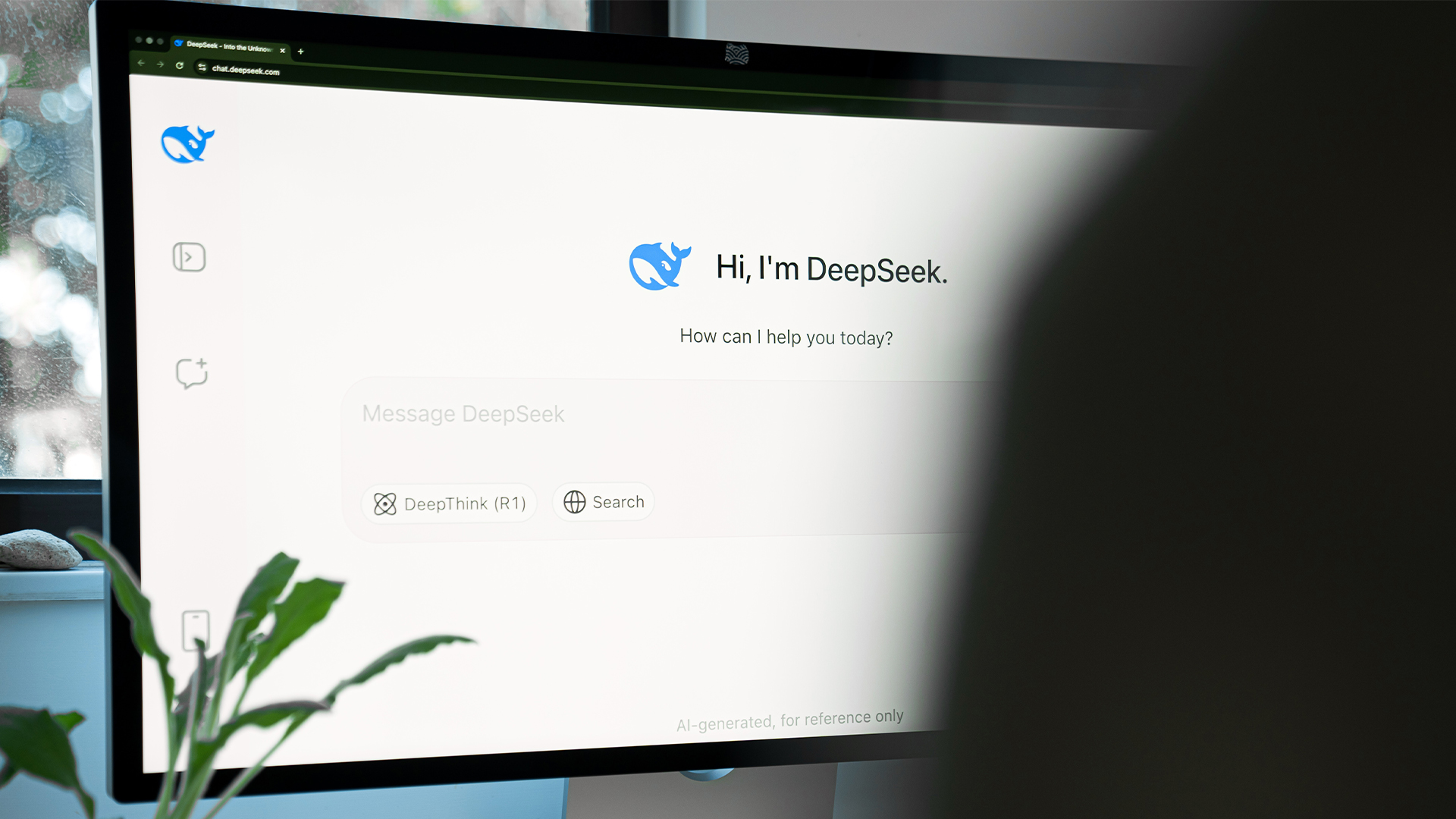 The DeepSeek bombshell has been a wakeup call for US tech giants
The DeepSeek bombshell has been a wakeup call for US tech giantsOpinion Ross Kelly argues that the recent DeepSeek AI model launches will prompt a rethink on AI development among US tech giants.
By Ross Kelly
-
 OpenAI unveils its Operator agent to help users automate tasks – here's what you need to know
OpenAI unveils its Operator agent to help users automate tasks – here's what you need to knowNews OpenAI has made its long-awaited foray into the AI agents space
By Nicole Kobie